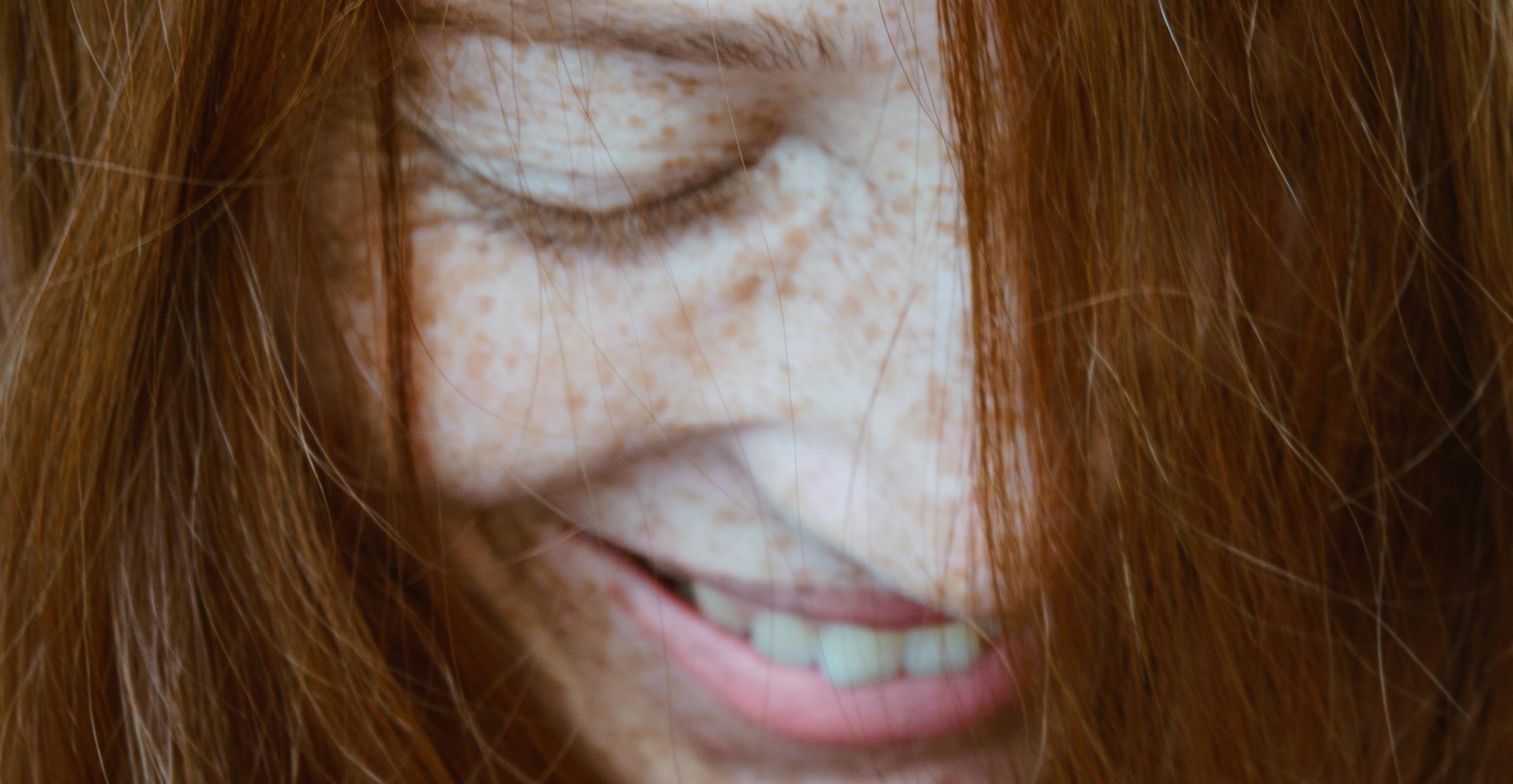Bodyright Ⓑ is a type of intellectual property mark, similar to that of a copyright or trademark. It’s a simple B surrounded by a circle and its presence on a photo or image means that the human body in the image you are looking at has not been digitally edited, altered or enhanced.
Our mission is to bring an end to unethical retouching whilst encouraging the fair and honest representation of people's faces, bodies and physical features. We want to encourage people to reveal their true-self online and discourage the use of filters and editing software that portrays an unrealistic image of the human body. We believe that the use of these filters is partly responsible for growing rates of depression and body dysmorphia.
Body dysmorphia is a growing issue that affects both men and women. Although research is still limited, the growth in social media filters to alter a person's appearance is likely responsible.
Anyone can use the Bodyright symbol so long as they use it with honesty in the true manner it is intended.
Founded in New Zealand, Bodyright is a collective of like-minded people. Rather than wait for governments to legislate for change, we want to make change happen.
Everywhere! This is a global issue and we are a global solution that anyone, anywhere can use and support.
Right now, there are a few different ways. How, when and where they are used is entirely up to you, we just ask that you use them in the right way - to show that the image hasn’t been altered and to encourage others to do the same.
-
The B-Mark Ⓑ: This is the easiest way to get involved and all it involves is a simple piece of unicode. When posting to Instagram, Tiktok or any other image sharing platform, remember to include the Ⓑ in your post copy. Simply copy the Ⓑ symbol and paste it into your post copy or text boxes.
-
Download the Ⓑ and use it by placing it directly over your images and videos before sharing. Download the suite of logos here and use your usual editing software to place the logo on your image/video.
-
The Bodyright sticker. Perfect if you’re a big fan of the mirror selfie. Simply peel and stick onto the back of your phone case. The Bodyright phone sticker is available to purchase by clicking here.
-
The necklace is a physical demonstration that you own your own image and don’t want it edited. Wear it in your photos to show that your image is unaltered. The Bodyright necklace is available to purchase by clicking here.
You can use the above resources on your photos, marketing material, models etc. If you’re keen to become an official partner and you’re prepared to make a change we'd love your support and can provide further resources. Contact details are at the bottom of this page.
Bodyright is not associated with any particular charity. We’re a cause-driven collective keen to start a conversation about image retouching and begin the push back against the use of apps and filters that lead to damaging body image issues.
Bodyright operates as a not-for-profit with any funds raised via the sale of Bodyright products used to cover running costs. Any remaining funds will be used to support other social causes and initiatives.
There are some incredible resources out there as well as some great journalists doing great work to uncover the wider societal issues caused by image retouching and editing.
A few of our favourites can be found below.
Faking it: how selfie dysmorphia is driving people to seek surgery
Elle Hunt, The Guardian, January 23, 2019
How Social Media Affects Body Image
Kelly Oakes, BBC, 11 March, 2019
Is There Really Such a Thing as Snapchat Dysmorphia?
Newport Academy, October 8, 2020
'Snapchat dysmorphia': Selfie filters may be driving young people to plastic surgery, study shows
James Purtill, March 13, 2020
From Instagram Face to Snapchat dysmorphia - how beauty filters are changing the way we see ourselves
Anna Haines, Forbes, 27 April, 2021
Two doctors want you to know what social media filters might be doing to your mental health
Ally Head, Marie Claire, 27 April, 2021
Mental health: Altered images on social media 'detrimental'
Aimee Thomas, 10 August. 2021
Beauty filters are changing the way young girls see themselves
MIT Technology Review, 2 April 2021
For support, please email us with your order number and your query.
For support, please email us.
For media enquiries, please email us.
For business or brand enquiries email us.
